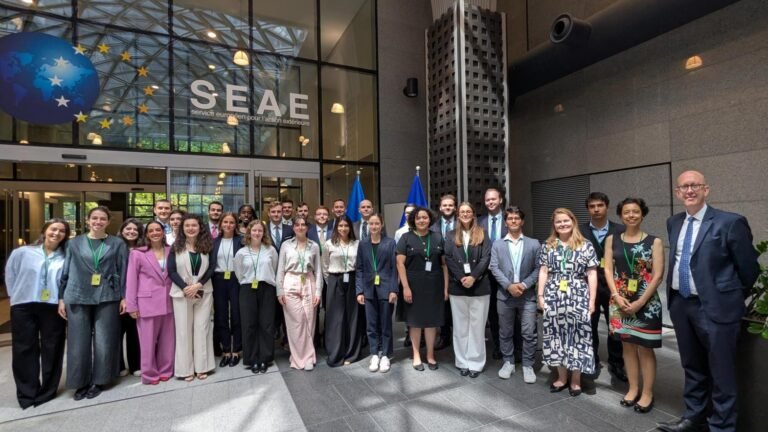
Budapest, May 2025 — A recent Hungarian–Slovenian study led by Corvinus University of Budapest has found that women-led farms consistently outperform their male-led counterparts in eco-efficiency, challenging long-held assumptions about gender roles in agriculture and sustainability.
The study, led by Professor Imre Fertő and published in Scientific Reports in early May, analyzed more than 300 Hungarian field crop farms using data from the Farm Accountancy Data Network (FADN). It revealed that farms run by women achieved eco-efficiency scores 14% higher on average than those run by men.
Eco-efficiency, in this study, was defined as the farm’s ability to reduce environmental impact — such as fertiliser and energy use — without compromising productivity. The researchers developed an index ranging from 0 to 1; women-led farms scored 0.361, compared to 0.316 for men-led operations.
According to the team, this environmental advantage is not just a matter of operational size or capital input, but linked directly to leadership style and decision-making. Women were found to practice more collaborative, resource-conscious, and long-term strategic planning, which enhanced both sustainability and output quality.
“These results show that eco-efficiency isn’t just about technology or scale — it’s also about mindset,” said Fertő. “Policymakers need to recognize the critical role women can play in sustainable agriculture and support them through access to resources, education, and innovative models like cooperatives or e-commerce platforms.”
The study also suggests that supporting young women in farming is key to future agricultural sustainability, as many current female farm managers tend to be older. The researchers emphasize that policy strategies should be tailored to local contexts, especially where land ownership laws, credit access, or cultural norms differ.
Overall, the findings challenge the stereotype that larger, more capital-intensive farms are inherently more efficient — highlighting instead the importance of optimization, experience, and inclusive leadership in shaping a greener agricultural future.
Source: Corvinus University of Budapest






